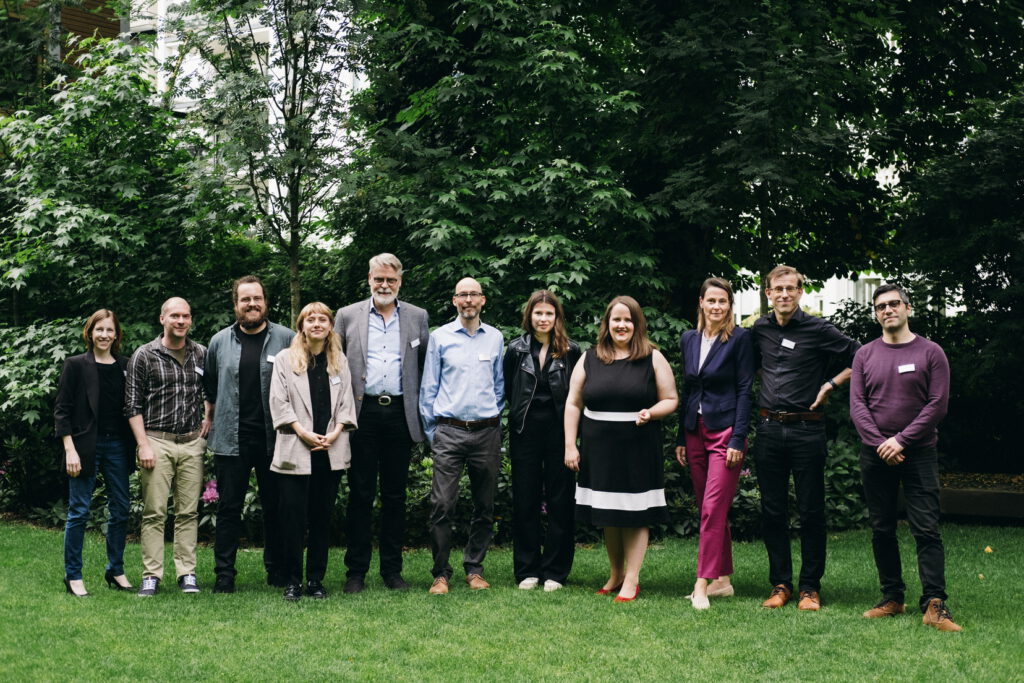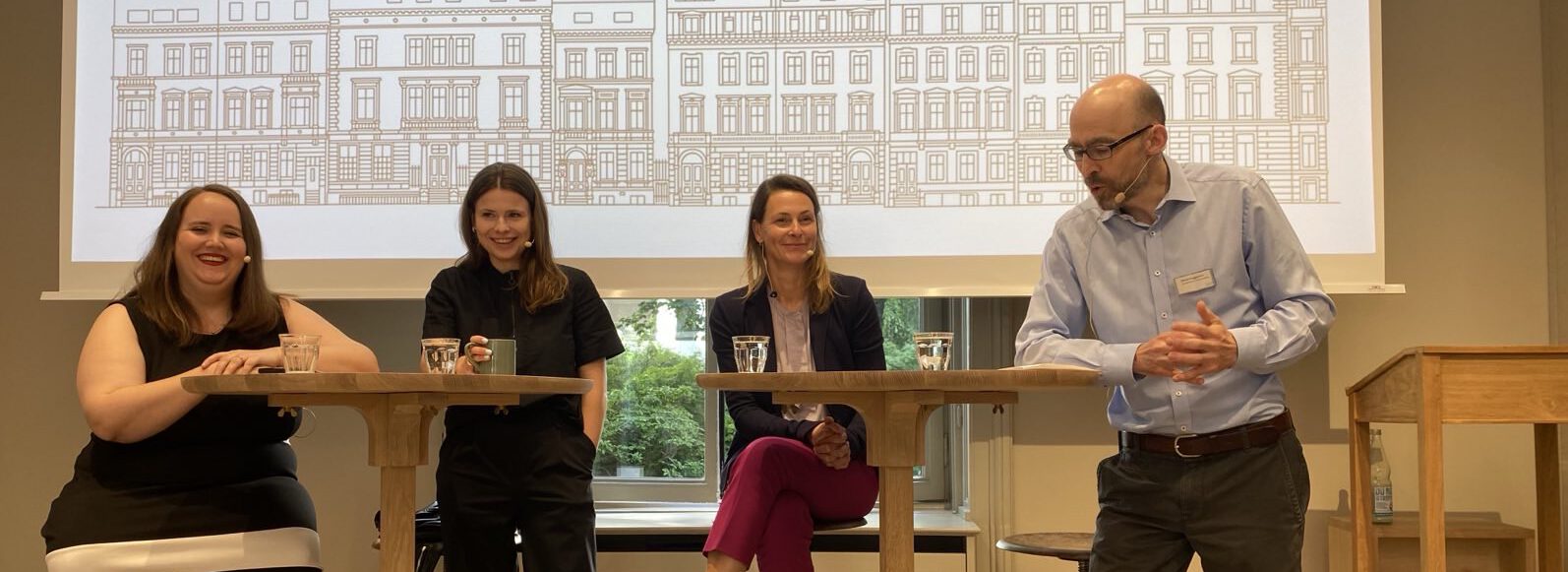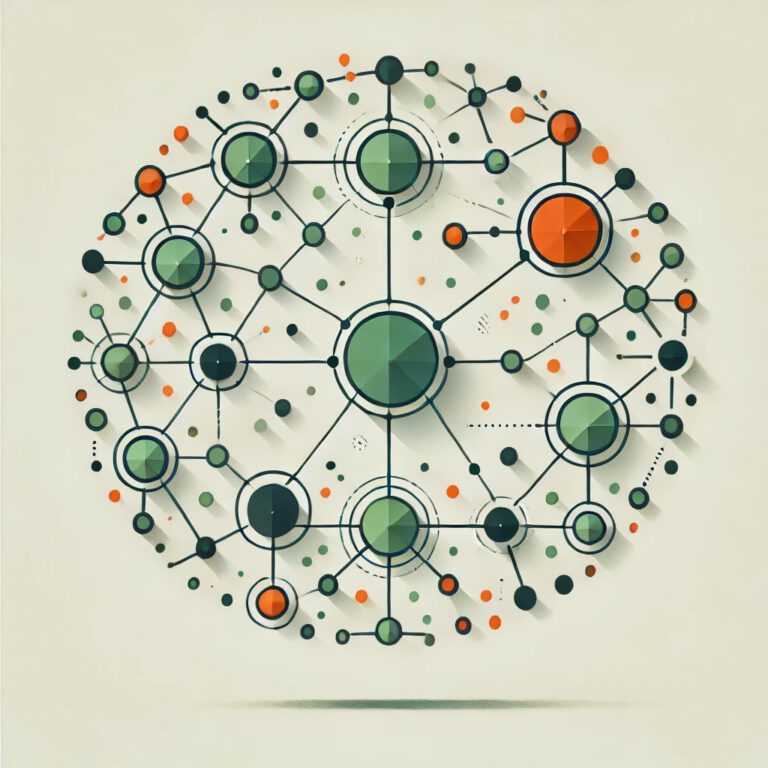|
Hamburg Impulses for Depolarizing Media Debates
Current media debates on issues such as climate protests or immigration are characterized by a climate of aggression and extreme voices. In digital networks, but also in debates as represented in journalistic reporting, searching for common solutions and a basic shared understanding of the problems at hand seem hardly possible. When public debates render political decision-making impossible instead of supporting politics critically and constructively, democracy is undermined. Increasingly, people express their frustration by voting for far-right, anti-democratic parties. The media's mediation of politics in the form of polarizing debates contributes to the fact that politics is not perceived as a common search for solutions, but rather as a ritual exchange of blows between extreme voices.
The "Hamburg Impulses for Depolarizing Media Debates" addresses this problem. Based on scientific findings and practical experience, academics, journalists, community managers and representatives of civil society organizations have developed ideas on how journalistic reporting and community moderation can contribute to a more constructive debate culture. These ideas are intended as food for thought, an invitation to reflect on one's own role and to draw conclusions for one's own professional practice. The starting point for this paper is the work of "Depolarizing Public Debates: Developing the Tools for Transformative Communication" program and a collaborative workshop held at The New Institute in Hamburg, Germany.
Impulses for Journalists
Safeguard democratic values
Journalism should take up social conflicts and even radical ideas - if they address relevant problems productively and do not violate the fundamental values of democracy.
Promote solution-seeking
Journalistic reporting should focus on the search for solutions to problems in society, instead of merely emphasizing the potential for conflict.
Clarify dilemmas
Journalistic reporting can raise awareness of the dilemmas often present in political decision-making.
Differentiate between fact and opinion
Journalistic reporting should make a clear distinction between verifiable facts and political opinions. False factual claims should be corrected immediately or not quoted at all.
Index controversy and consensus
Journalistic reporting on polarization and conflict should reflect scientific data on controversy and consensus in a society.
Report representatively about social groups
Journalistic storytelling should depict behaviors and contexts in ways that are representative of the respective group rather than to provide misleading representations of the world.
Enable identification and critical distance
Journalistic storytelling should not only allow readers to identify with specific perspectives, but also to distance themselves from viewpoints.
Include the audience
Media organizations can go beyond reporting and develop discussion formats that encourage constructive discussion in their communities.
Impulses for community management
Moderate actively
Discussions must be actively moderated so that they do not lead to excessive polarization.
Defuse trench warfare
Polarization in comment sections and on social media is characterized less by echo chambers than by trench warfare between hostile parties. Moderation should try to defuse trench warfare.
Use diverse approaches
Moderation should be multifaceted: regulating, supportive, encouraging and listening-focused.
Enable professionalisation
Moderation requires professionalized moderators and resources.
Evaluate success and failure
The success of the moderation should be evaluated. In addition to the reach, metrics should capture the quality of the discussions generated.
Use supportive tools
Human moderation has its limits. This is why the supportive use of AI makes sense - as long as it is based on fundamental social and ethical values of the digital discussion space.
Experiment with other measures
Moderation is only one design feature. In addition, editorial teams should experiment with other interventions that promote thoughtful and factual rather than just quick emotional reactions.
Download the impulses
How the impulses came about
The impulses were developed as part of a workshop at The New Institute, which was concluded with a panel discussion moderated by Michael Brüggemann.
On the podium with climate activist Luisa Neubauer, Green politician Ricarda Lang and the journalist Anja Reschke we discussed the profound challenges in the climate debate, including the shift in discursive elements in political and public debates on climate change.






